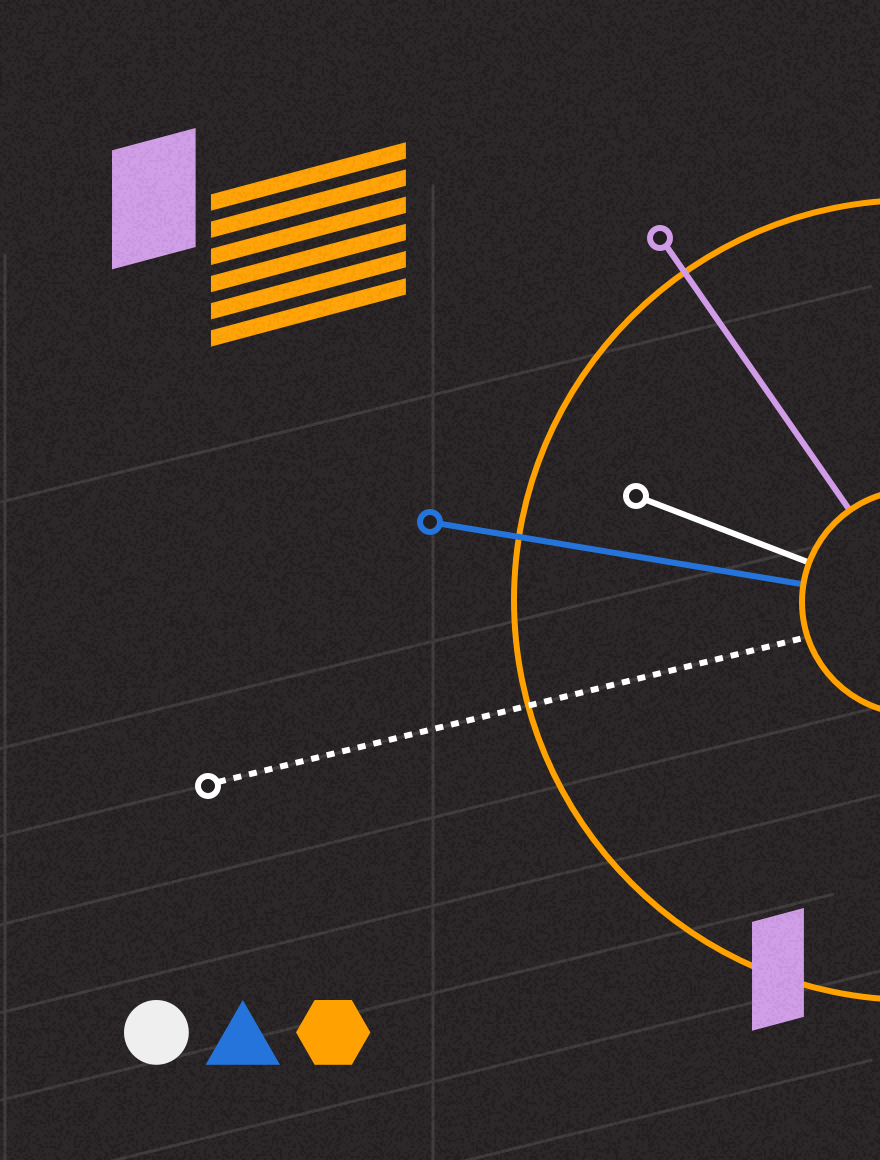One thing that is common for every human being on the planet is that none of us were born with a celestial gift of knowing everything. From the very moment we are born, our learning journey starts, even if we don’t realise it.
Some things, like our basic human functions are a subconscious evolutionary process while other elements we are taught through experience. Our growth depends on how & where we find the right knowledge.
That leads me on to the title of this blog, who needs knowledge?
The question doesn’t require a complex theoretical answer because the answer is quite simple. If you’re short on time, you can scroll to the bottom of the page to find the answer which is probably in your head right now. However, I love writing so if I may ask for a few moments of your time to share my thoughts, we can go on a journey that puts this into perspective through a vocational lens.
For the purpose of this blog, let’s think about our organizations as a human body, to live we need a healthy environment. The environment is the market we operate in, the conditions have to be right for life to exist, it provides us oxygen as a basic need followed by the food & drink that we need to grow, let’s think of that as revenue.
Now that we have the basic need of living sorted, we can explore the internal organs that ensure we live a healthy life. Firstly, let’s call the heart the leadership team, constantly pumping blood around the body supplying the right mix of oxygen & nutrients (or revenue & feedback in the real world). To help regulate the oxygen & nutrients, the heart relies on the lungs (Customer Experience teams) & stomach (Accounts & Revenue teams).
Sometimes we may not be living in the healthiest way & things can go wrong, to correct that we have our internal cleansing functions, the liver & kidneys help us take out the toxicity, take your pick which one is the Support team & which one looks after Complaints.
Our sensory organs are akin to Research & Development, hearing/seeing the challenges they face as well as constantly looking for changes in the environment with the vocal chords & mouth playing the part of Communications & Advertising. All of these play their part in helping the body (organization) successfully navigate through any challenges to aide growth.
The limbs, muscles & bones are what could be seen as the tools & workforce that help the body carry out what needs to be done, the strength of the body relies on their functioning.
I hope your still with me because here comes the crux of this thought process.
Individually, each part of the body does amazing work to keep it functioning, but what does each & every one of them rely on to send the right signals not only to keep working but also to receive warnings, advise on changes that each area needs to function correctly. That’s right, the brain which stores all the knowledge & can be relied on by each & every part of the body.
Now I know all my fellow Knowledge Management colleagues are probably thinking ‘Yes!!!, we always knew we were the brains behind the operation😉’, you are the custodians of a very important component in your organization & as such with great power comes great responsibility. To maintain a healthy existence, Knowledge Management teams need to ensure that relevant knowledge is delivered at the point when it is needed most, giving the Right Answer to the right person at the right time (pun intended). The neurons that deliver the signals travel in both directions, to get the best results we must remember that Knowledge Management is a journey that we all go on together & collaboration is key, #TeamworkMakesTheDreamWork after all.
This is why I am an advocate for enterprise Knowledge Management, no matter what area you work in, you will always need knowledge. Providing a tool & a strategy that helps create, use, share & improve knowledge across an organization is the most efficient improvement you can make to your business. It will not only help speed up the way people can understand & complete complex processes/tasks but also drive collaboration that ultimately leads to position where there is no knowledge drain as experienced people move on to new opportunities. I would say it’s a no brainer but that would make what you have read contradictory to what it is.
Food for thought, if we are saying that sustenance is akin to revenue & key to the health of an organization, then consider how your business is set up & what the benefits would be to become more agile with the use of connected knowledge management across each area. The age old saying ‘Health is Wealth’ fits nicely here in respect to ongoing business success.
So in answer to the question, who needs knowledge?
